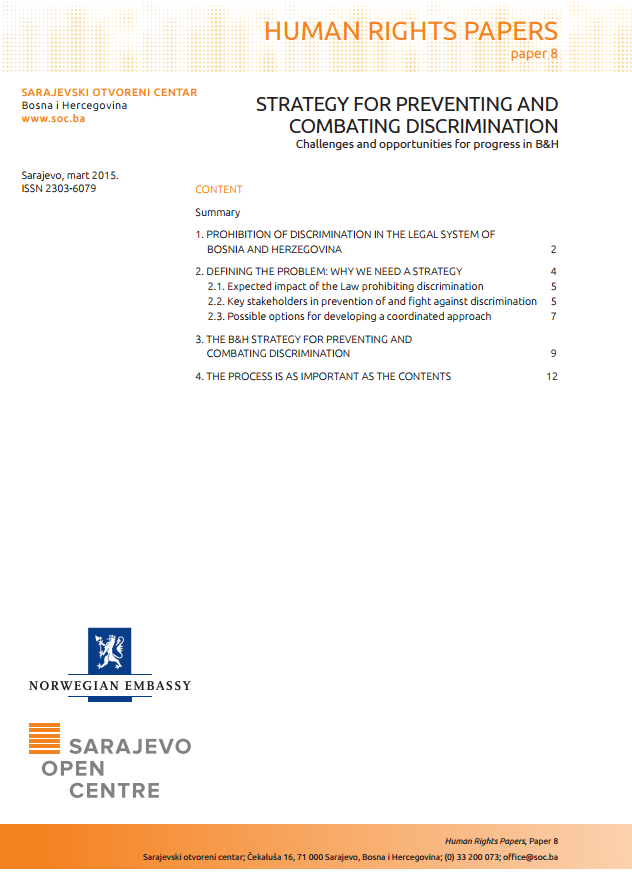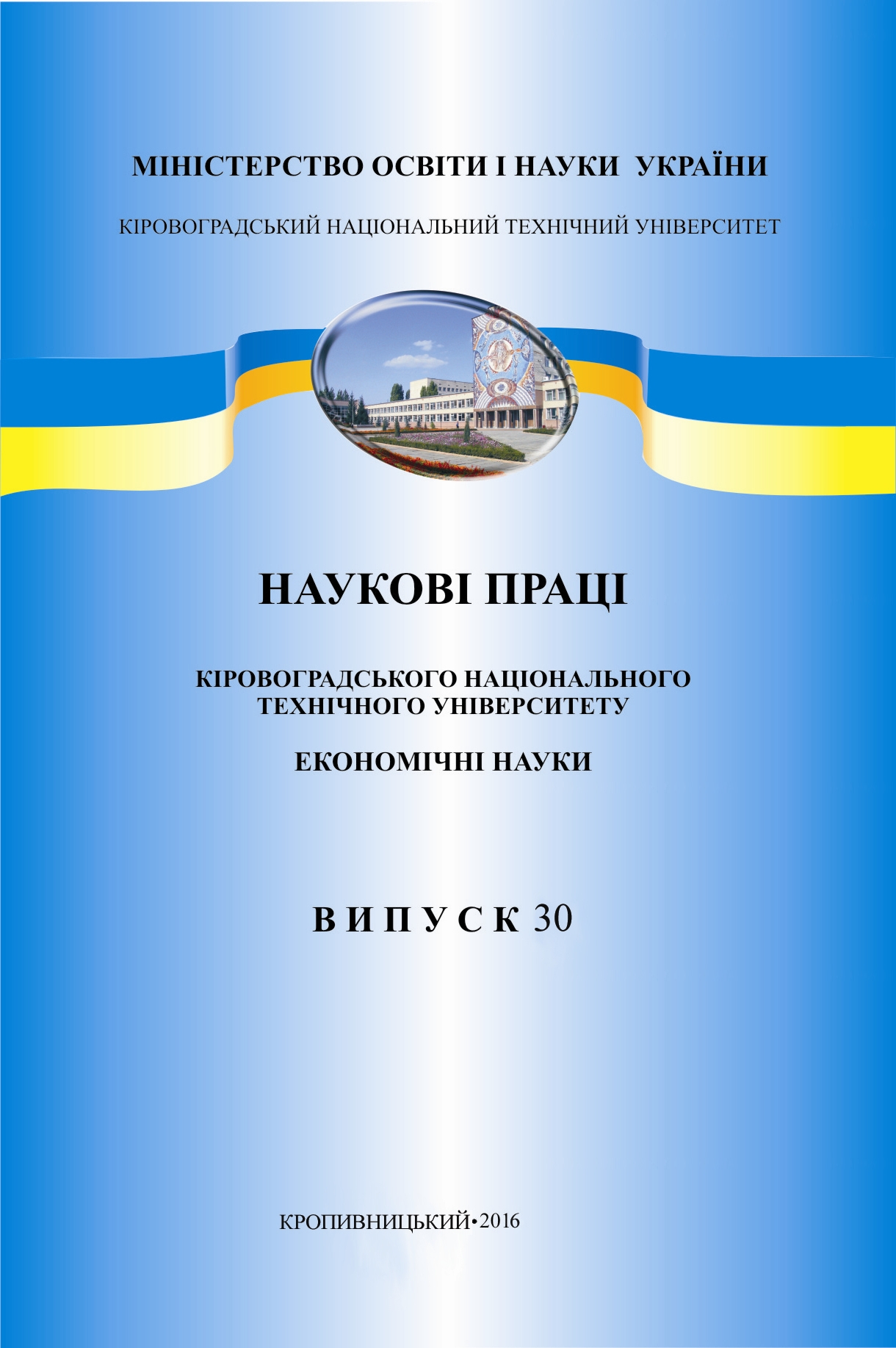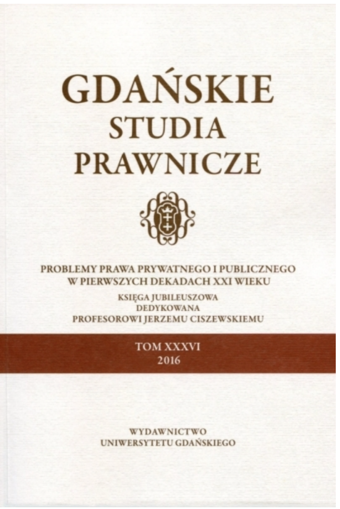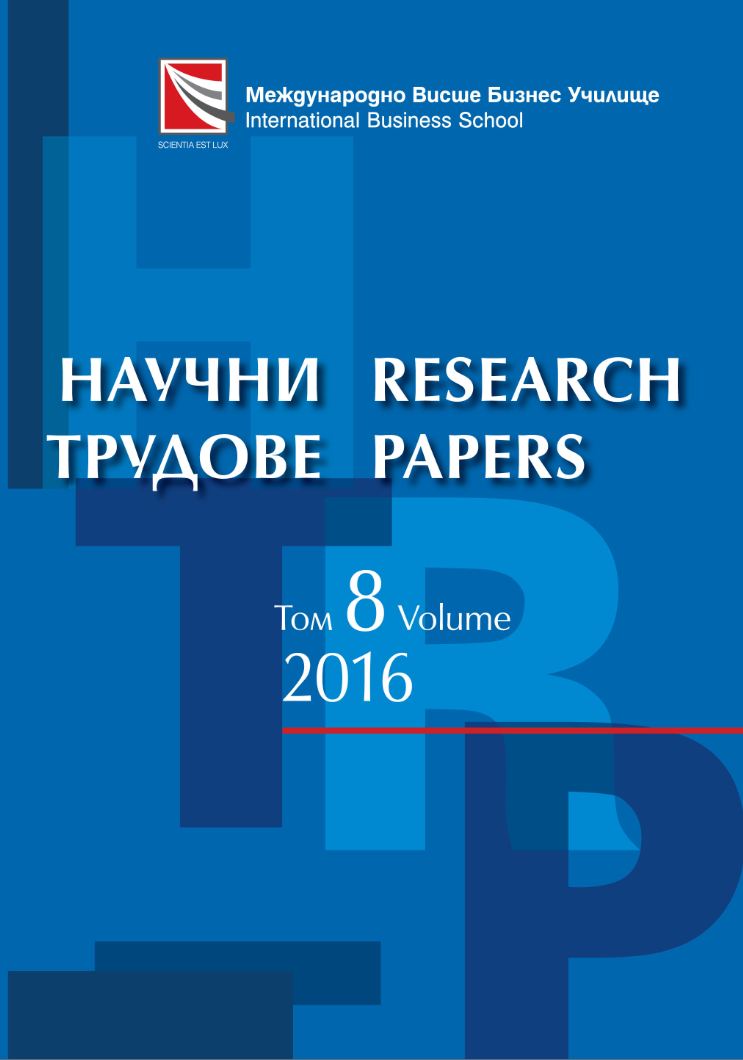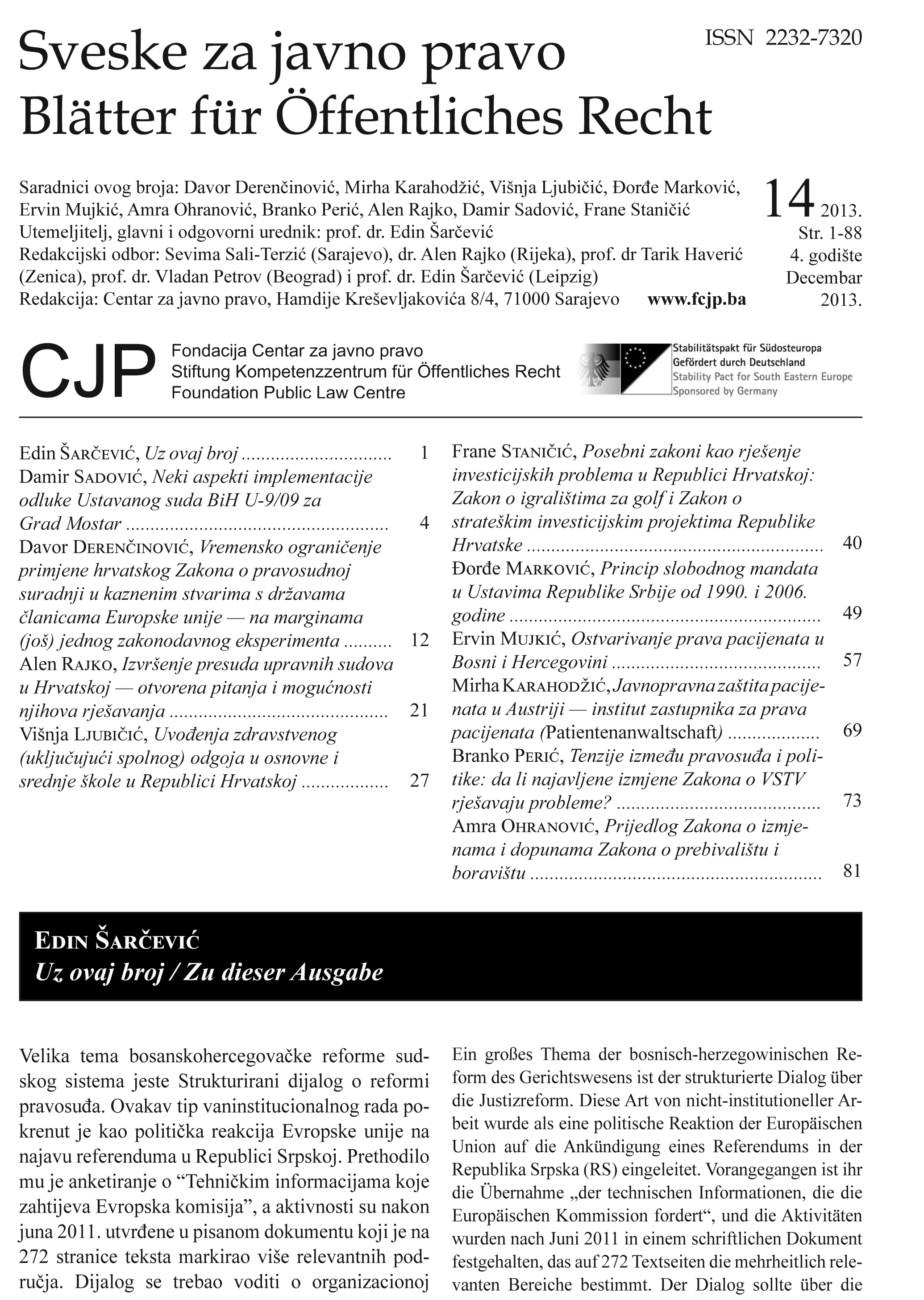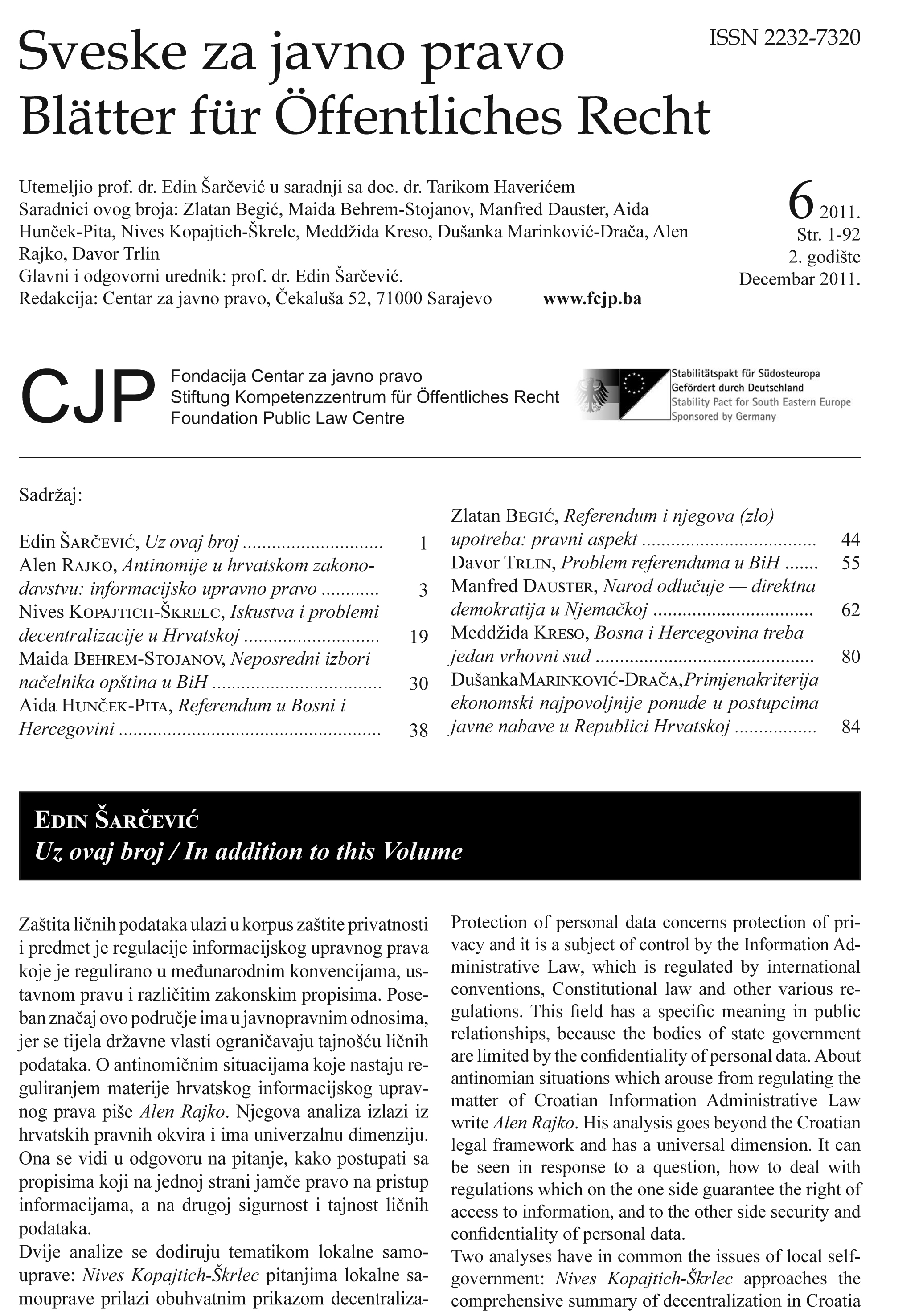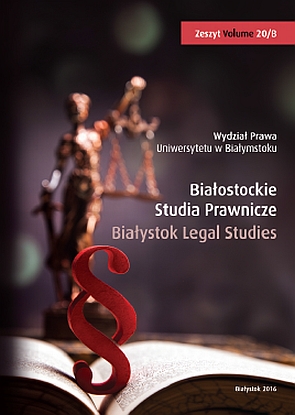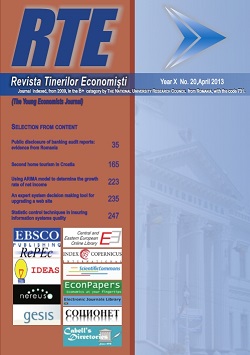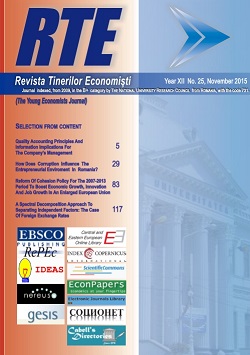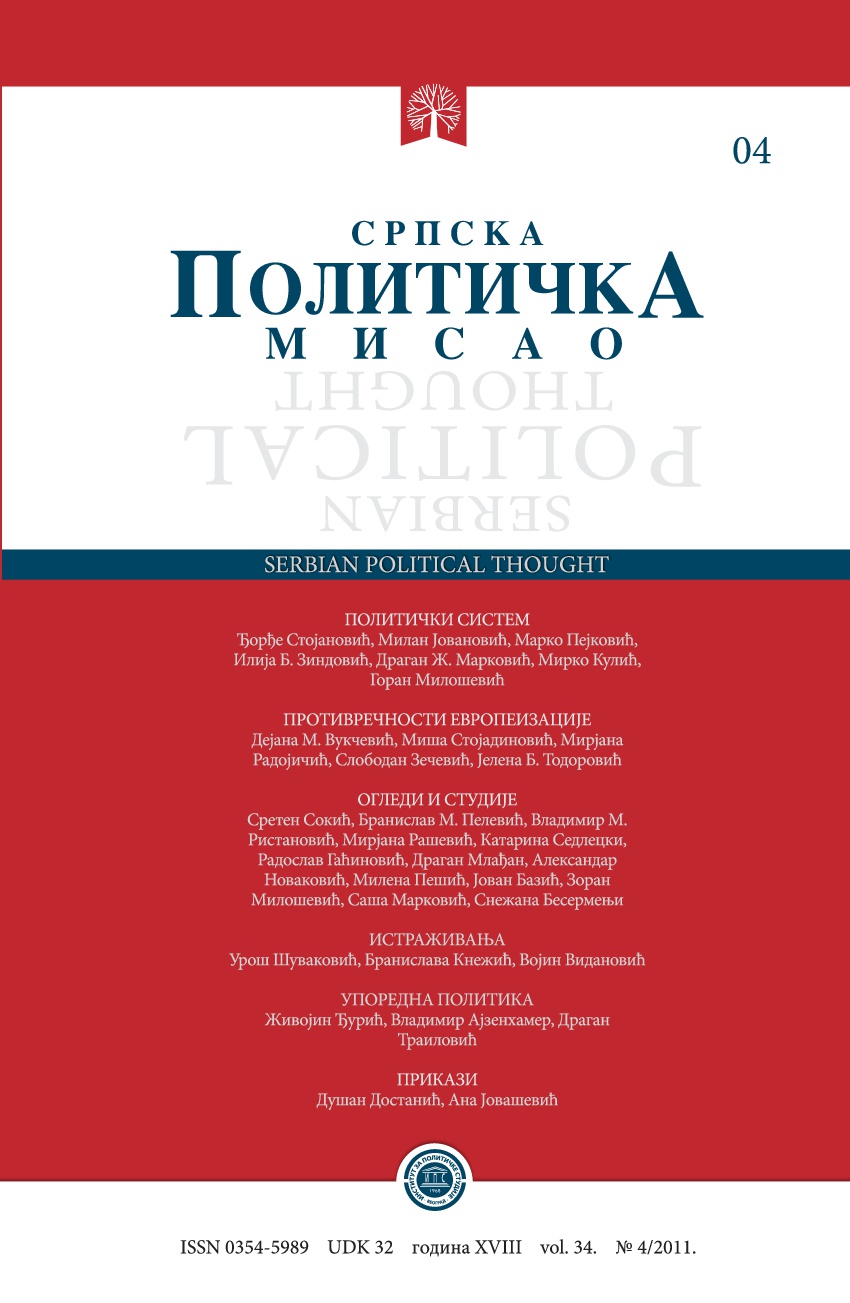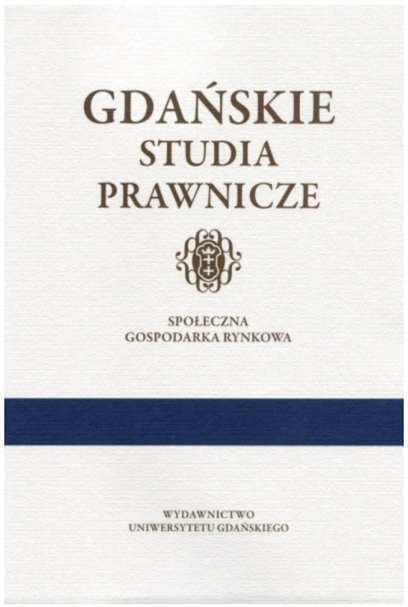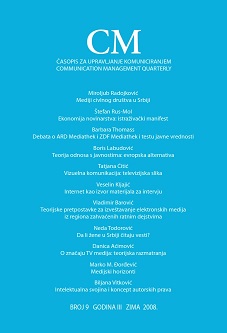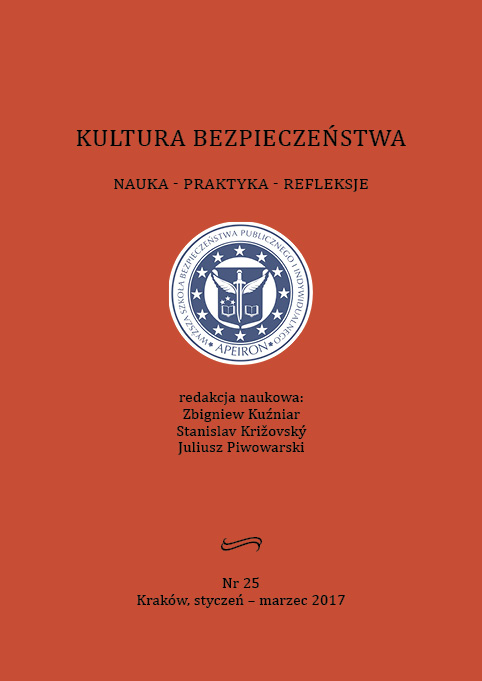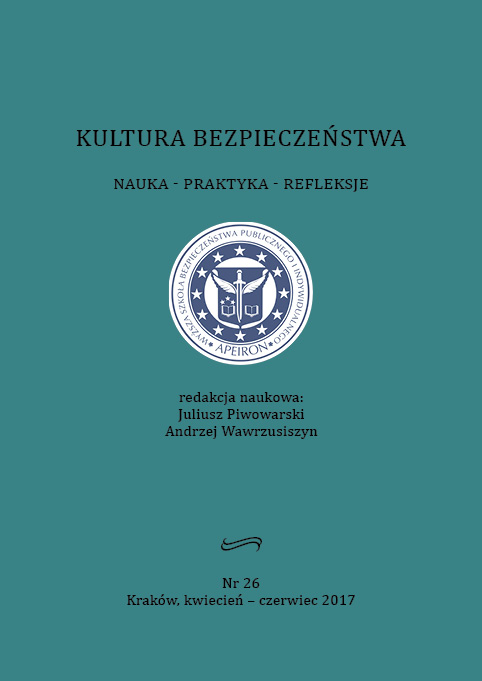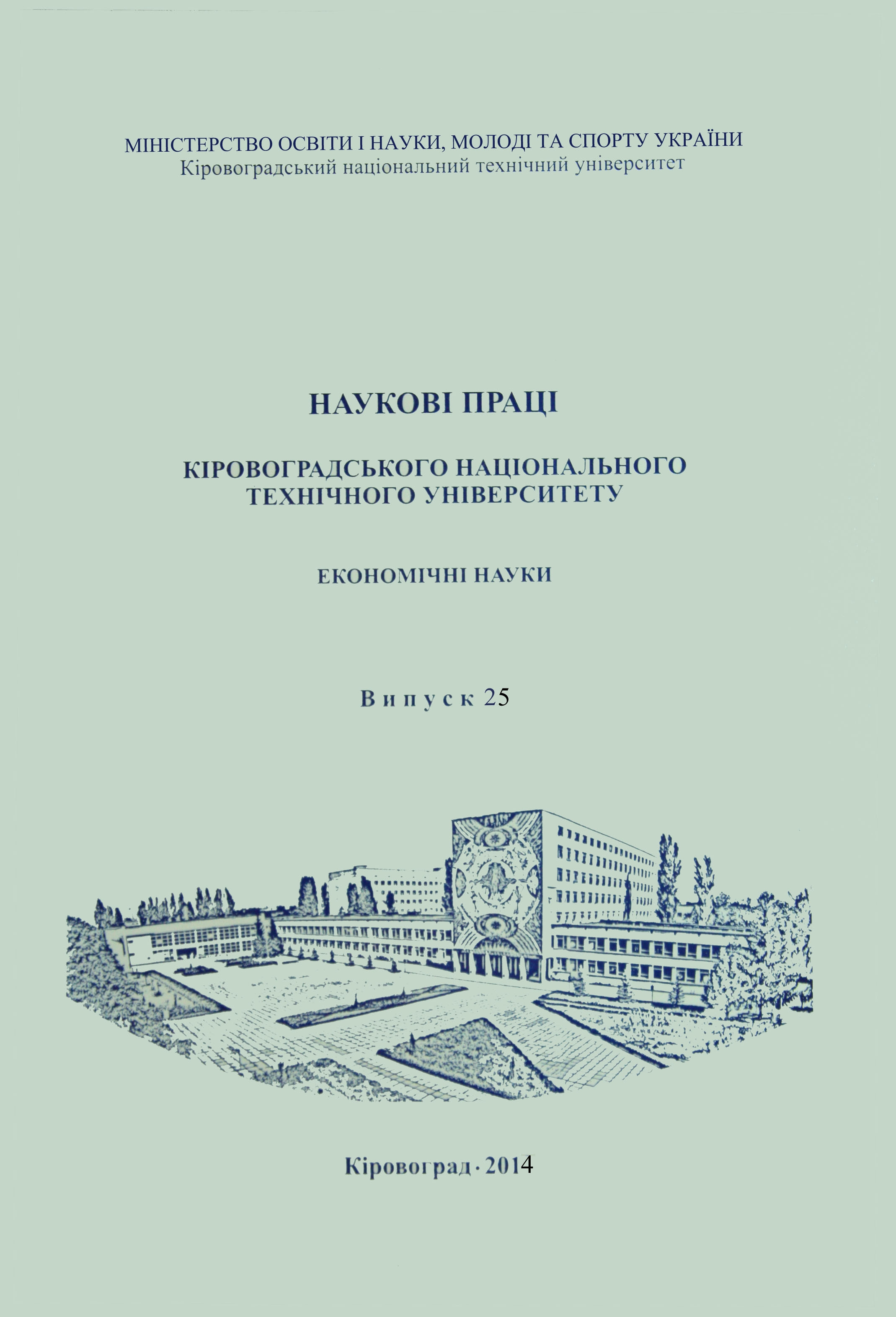
Спеціальні вимоги в сфері організації виконання завдань з обов’язкового аудиту
The purpose of the article is to study the tendencies of statutory audit regulation in contemporary conditions with due regard for ensuring the conformity of national model with European and international laws and regulation. It have been substantiated that the statutory audit regulation should be done in ensuring public awareness of the activities of auditors, effective interaction between the entities that are subject to statutory audit and auditors towards harmonization of their tasks and responsibilities, independence, transparency and objectivity in selecting auditor (audit firm) by the social (public) interest entities, cooperation with the competent authorities that regulate the activities of such entities in order to ensure transparency of contractual relationships, results of the engagements and introduction of additional requirements to them. Subjects who must be involved in the mechanism of ensuring the realization of this measures have been singled out, in particular: auditor (audit firm); social (public) interest entities, which are subjected to statutory audit; authorized competent body responsible for the regulation of auditing activities; authorized bodies that regulate activities of social (public) interest entities; professional associations or self-regulating professional auditing organization.The results show that the quality of audit in general and in particular of statutory audit should be perceived not as a separate issue, but as an integrated system, which should cover all essential parties of functioning of auditors in different ways.
More...
